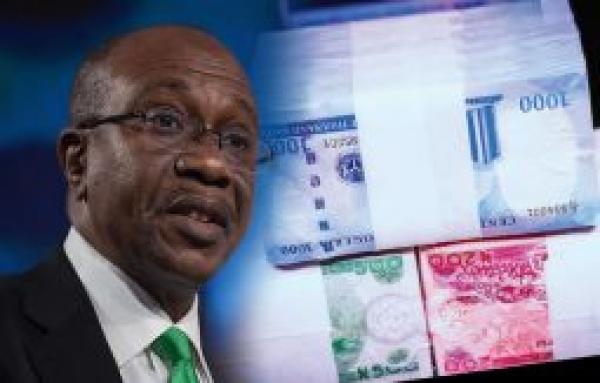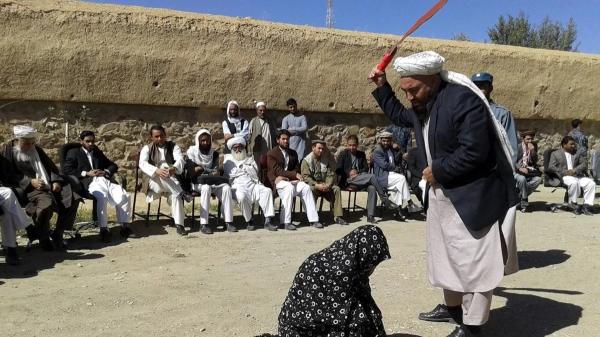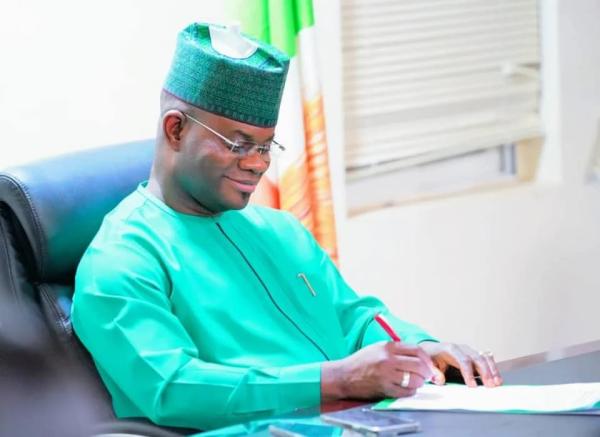
Ngwuta was among the seven judges whose homes were invaded in a sting operation by security agents in 2016.
Following his arrest, he was then arraigned before the Federal High Court on a 13-count criminal charge bordering on money laundering and unlawful possession of multiple International passports.
But in a ruling yesterday, trial judge, Justice John Tsoho struck out all the charges filed against the Supreme Court Justice for lack of jurisdiction.
Ngwuta had through an application brought by his counsel, Godwin Agabi (SAN), challenged the jurisdiction of the court to try him when the National Judicial Council (NJC) had not found him culpable of any misconduct or recommended him for trial.
The court held that the prosecution did not fulfill “the condition precedent in filing the charge against judicial officers,” adding that there was no dispute to the fact that Justice Sylvester Ngwuta is a serving Supreme Court Justice.
The court further agreed with Agabi, who relied on the judgment of Court of Appeal in justice Nganjiwa case.
Tsoho noted that both the prosecution and defendant counsels are in agreement that the Court of Appeal’s decision in Justice Nganjiwa applied to this case, “except that the prosecution made an exception and listed theft, arson and murder as cases where judicial officers may be arrested and prosecuted without recourse to the National Judicial Council.”
“In my humble view, separation of power between the three arms of government is entrenched in the constitution. The National Judicial Council (NJC) is given power to discipline erring judicial officers.
“By strict adherence, the power is constitutionally vested on the NJC to discipline judicial officers and that power cannot be taken away in a democracy.
“It is tidy and safer that all matters relating to the discipline of judicial officers should be first dealt with by NJC”, Tsoho held.
The court in addition said that interpretation of the provisions of the laws should be done to avoid absurdity, adding that the gap left in the provision of the law should stand until the constitution is amended, and until that is done, any arrest of any judicial officers should be declared a nullity.
Justice Tsoho said that, “Count 10 to 13 which deal with unauthorised possession of international passport, trading and cash payments fall more within the purview of allegations of misconducts and this court has difficulties in determining whether they fall within scope of its jurisdiction. This court is not persuaded that it has jurisdiction.”
He consequently discharged the defendant from all the charges against him.





















